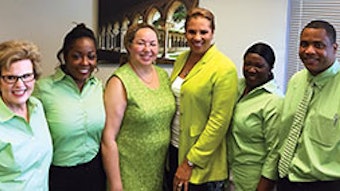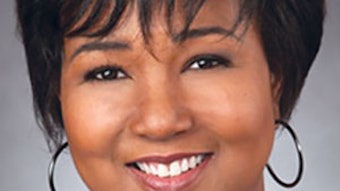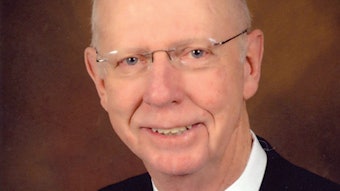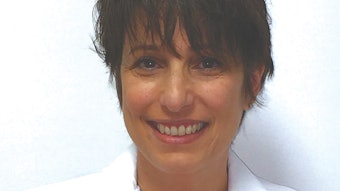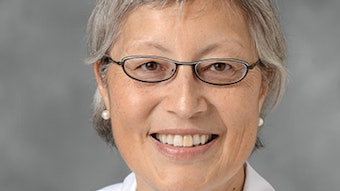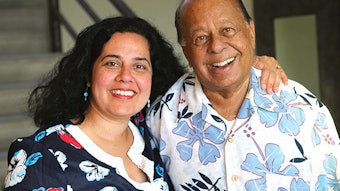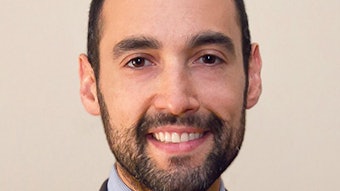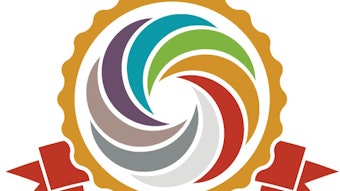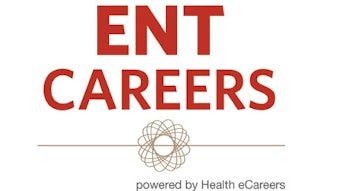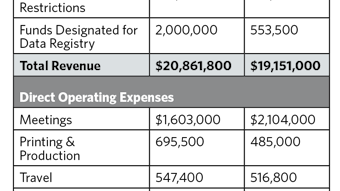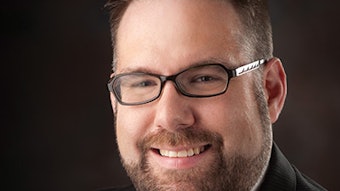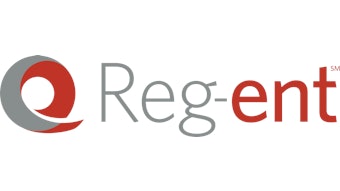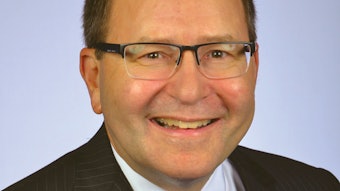A new year, academically speaking
June marks the end of another academic year and the completion of various aspects of training—medical school, residency, and fellowship. About 20.4 percent of Academy Members are in full-time academic practice, and another, more fluid group of practitioners are either in part-time or voluntary academic otolaryngology.
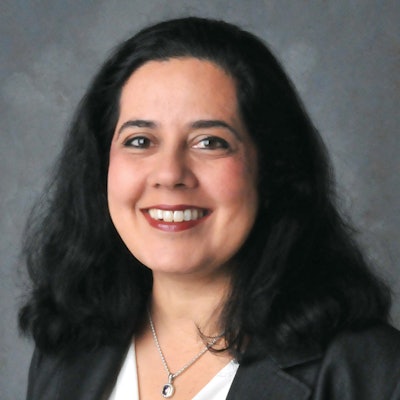 Sujana S. Chandrasekhar, MD
Sujana S. Chandrasekhar, MD
AAO-HNS/F Past President
The residency experience is like no other. You become intimately involved with people you didn’t choose, but who become your family for several years and, indeed, your lifetime. You get to know each other’s partners, children, taste in music. You learn how to negotiate: “I’ll cover your call this weekend if you’ll take my next weekend,” for example. You learn how to learn and teach on the run. The senior resident figures out how to guide the junior resident for part of the case, while the attending supervises both. Residents pair up to make presentations and posters better, and get to travel to nice locations to present them, such as San Diego for this year’s Annual Meeting. One resident starts a really good research project, and breathes longevity into it by engaging the next one and so on, so that that residency program becomes really outstanding at that topic. Another resident applies for a Leadership Forum & Board of Governors Spring Meeting travel grant, comes home enthused, and the next year three residents from that program attend. And they all see that they can make a difference.
If you are involved in any teaching, June provides a time to reflect on how you’ve done over the year. I have the great fortune to interact with residents from four of the five New York City programs on a regular basis. I see residents start with one level of knowledge and understanding, and end having leapt forward to an advanced status. It is said that a teacher is one who makes her- or himself progressively unnecessary; I agree with this wholeheartedly.
I have been thinking about the joy of watching a student advance, and the pride in having had even just a little to do with it. A young medical student came to me when I was full-time faculty at Rutgers New Jersey Medical School, interested in otolaryngology. He was smart and hardworking and self-motivated, and fantastic both clinically on his rotations and in my lab. By the time he was ready to apply to residency, I had moved across the river and was teaching in New York City. I was so happy that he matched from the medical school where I had previously taught into the residency program where I was currently teaching. He excelled in his residency and went to Florida to do a prestigious fellowship. He came back to NJMS and in six short years had become full professor and vice chair of the department! And then, as the rapper Big Sean says, “It’s evolution, man. Eventually the student becomes the teacher.”
Jean Anderson Eloy, MD, that young man I had mentored so many years before, became my mentor in thinking and writing about, of all things, gender issues in otolaryngology. There is something overwhelmingly gratifying about reflecting on the students and residents I have trained, where they started, and how they have succeeded.
When the Academy says it’s your partner from residency to retirement, it means it. Just as your co-residents and co-fellows are your buddies for life, and your professors are always there to offer advice and introductions, every Academy initiative is designed for otolaryngologists in all stages of their careers.
This issue of the Bulletin details many of the Health Policy programs at the Academy. As you read the particulars, you will see how you benefit from the work that is being done, no matter your type or location of practice. How can you help? Please participate in Academy surveys when you get them; please fill out the RUC surveys so that our Health Policy team can ensure that we are reimbursed properly for services that we render. As you transition from year to year in residency or practice, engage your juniors to do the same.
Have a great new year!





